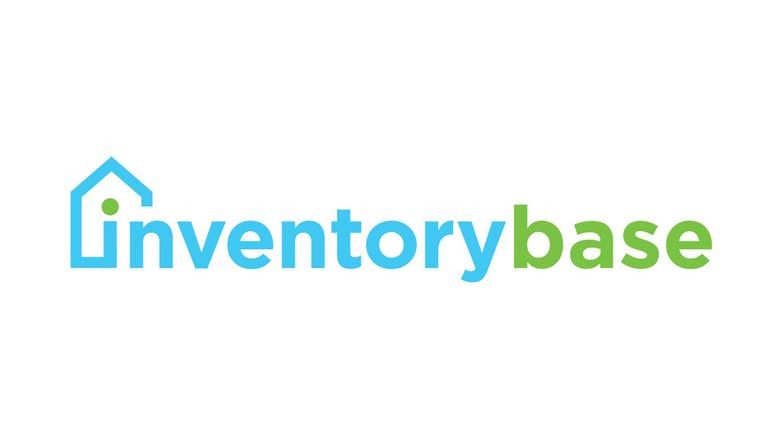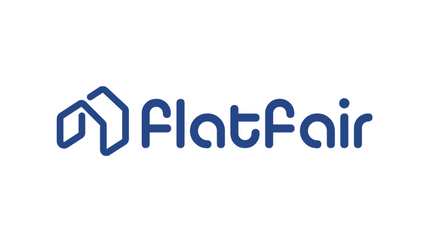
Hidden dangers
Think of compliance as an iceberg. Above the surface, the obvious obligations - safety checks, deposit protections, licensing rules; all seem straightforward enough. But beneath the water line lurks a tangled web of lesser-known responsibilities, each carrying its own risks.
The fallout isn’t limited to fines. Operational strain, reputational damage, and legal exposure can disrupt an entire business. Letting agents who don’t stay ahead of compliance don’t only risk financial penalties - they risk losing trust, clients, and the ability to trade.
The true price of failure
What that hidden risk landscape really looks like.
Compliance Area |
The Risk |
Potential Cost |
| GDPR and data protection | Requires audits, breach protocols, and-third party agreements | Fines up to £17.5 million or 4% of turnover; legal claims |
| AML regulations (from May 2025) | Letting agents must report suspected sanctioned clients to OFSI | Unlimited fines; criminal charges |
| Fire risk assessments | Applies to all non-domestic/common areas, not just HMOs | Fines from £5,000 to unlimited; criminal liability |
| Electrical safety | Ongoing checks beyond the 5-year EICR often neglected | Fines up to £30,000 |
| Legionella risk assessments | Mandatory even for single-occupancy properties | Unlimited fines if an outbreak occurs |
| ICO registration | Required for agents processing personal data | Fines from £4,000, higher if left unpaid |
| Right to Rent checks | Failure to verify tenant eligibility | Fines up to £20,000 per tenant; criminal prosecution |
| Smoke and CO alarms | Must check alarms at tenancy start | Fines up to £5,000 per property; liability for harm |
| Consumer protection regulations | Misleading property descriptions, even if accidental | Uncapped fines; legal action |
| Property licensing | Local councils introduce schemes with little notice | Fines up to £30,000; rent repayment orders |
| Building Safety Act 2022 | Applies to high-risk buildings over 18m or 7 stories. Requires accountable persons and safety case reports | Fines up to £10 million; criminal charges |
| Material Information | Agents must provide key details upfront | Fines and legal action from Trading Standards |
| Minimum EPC standards | Properties must meet EPC E now, and C by 2028 | Fines up to £5,000 (domestic) or £150,000 (commercial) |
| HMO planning permissions (Article 4) | Some councils require planning consent for HMOs, even without a license requirement | Fines; enforcement notices; property devaluation |
| Furniture and furnishings (fire safety) | Rented furniture must meet fire resistance standards | Fines up to £5,000 per item; liability for tenant harm |
| Deposit protection | Deposits must be registered within 30 days, with prescribed information | Fines up to 3x the deposit amount per breach |
| Fitness for Human Habitation Act 2018 | Tenants can sue if property is unfit | Compensation claims; unlimited fines |
| Defective Premises Act 1972 (Amended 2022) | Landlords can be sued for negligence causing harm | Unlimited damages claims |
| Section 21 and 8 Reform (pending Renters' Rights Bill) | Changes may impact eviction rights and notice periods | Legal fees; lost rental income |
| Japanese knotweed and other invasive species | Landlords must prevent the spread of invasive plants | Fines of up to £5,000; ASBOs for breaches |
| Stamp Duty Land Tax and ATED | Applies if properties are company-owned or exceed thresholds | Tax liabilities; penalties for non-disclosure |
Fines are not the only cost
It’s easy to think of compliance failures in terms of financial penalties, but the bigger impact is often operational disruption, legal battles, and reputational damage.
A single dispute over a missing safety check can lead to a lengthy legal case. A compliance breach can mean weeks of stress, paperwork, and lost time. A data protection failure can trigger an investigation that affects every client an agency has.
Then there’s the damage to a company’s brand in an industry where trust is everything. A single mistake can follow a business for years, making it harder to attract landlords, renew contracts, or expand.
Protecting a business and its reputation
Compliance isn’t something to fix after the fact; it should be woven into day-to-day operations. That means tight systems, clear processes, and the right technology to ensure every bit of data is connected so that nothing slips through the cracks.
Rather than seeing compliance as an administrative burden, recognise it for what it really is: a business safeguard. It protects clients, employees, and the long-term profitability of a business.
Being proactive isn’t about avoiding fines, it’s about staying ahead of the game, bringing lesser-known compliance risks above the waterline and into plain sight.
InventoryBase: Property inspection software
Our multi-award winning software has been designed to work with the residential and lettings market and built to provide Propertymark members with intuitive and responsive property reporting options across all systems and devices.






